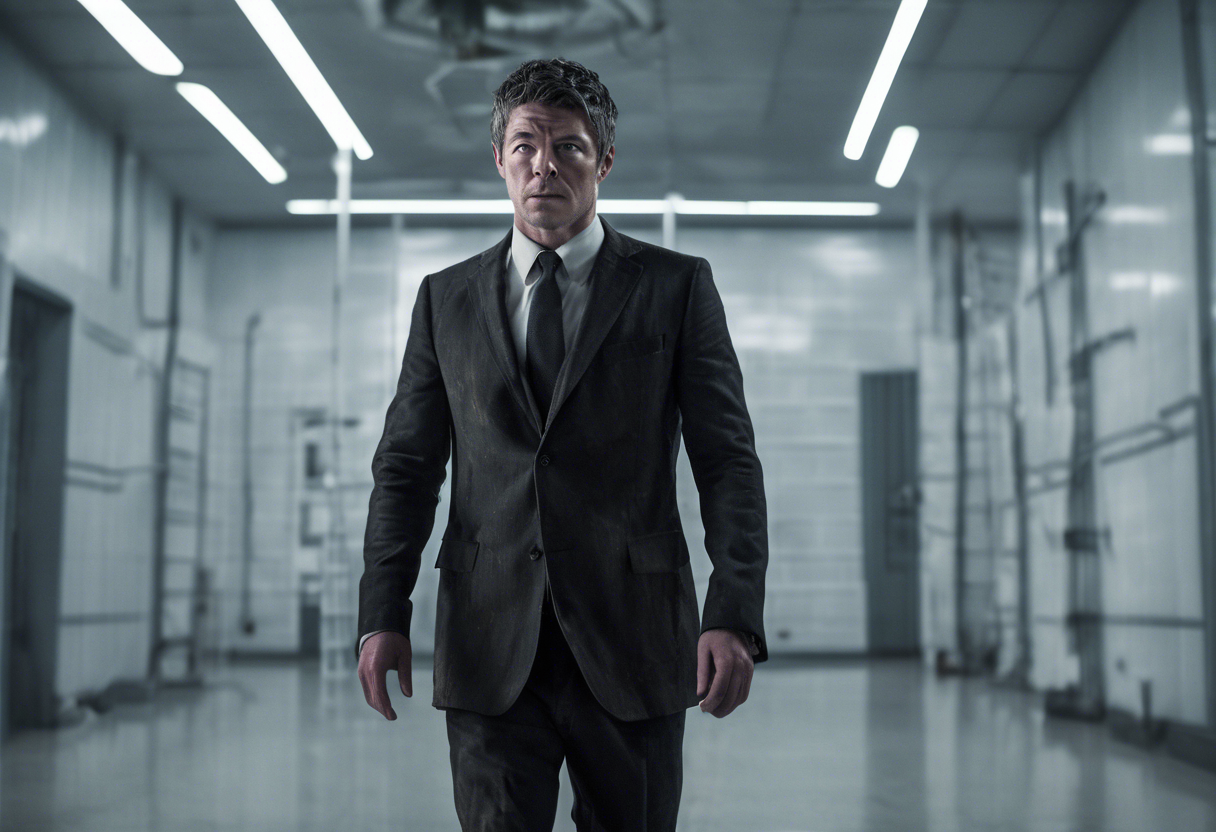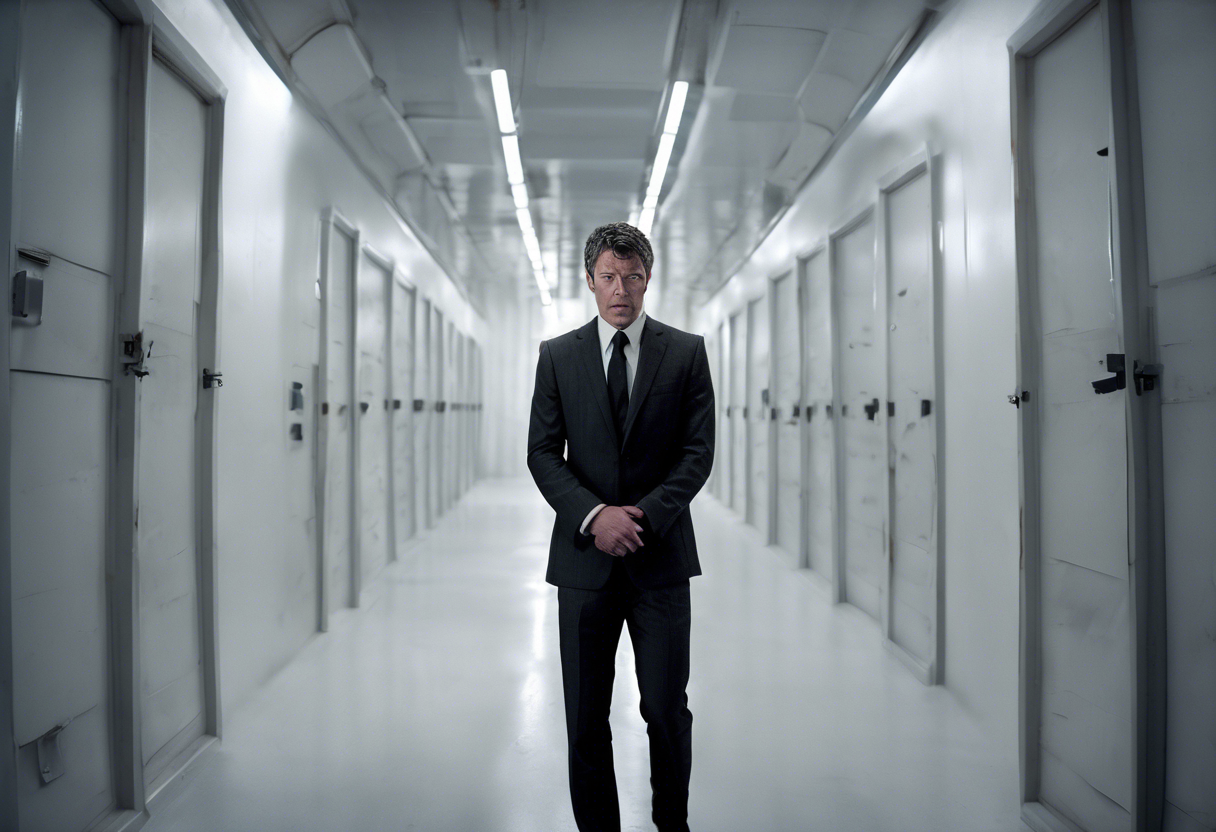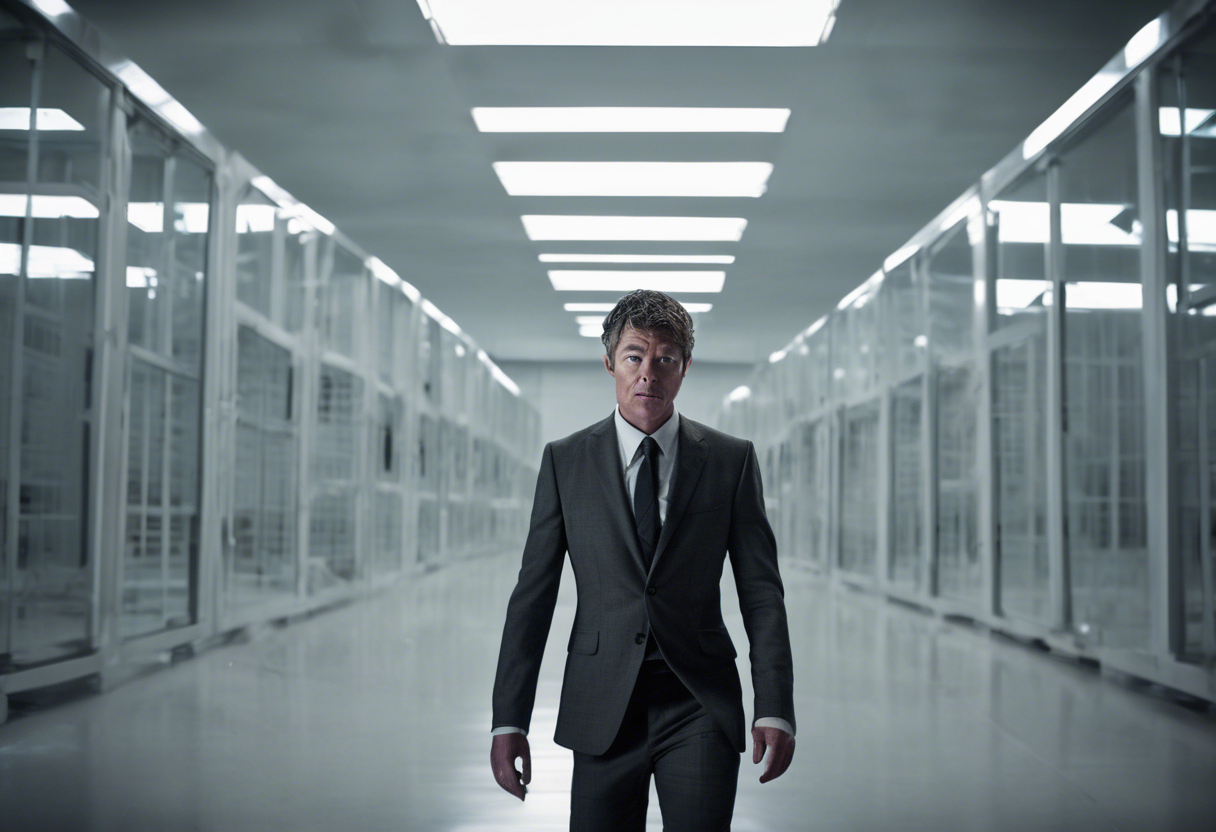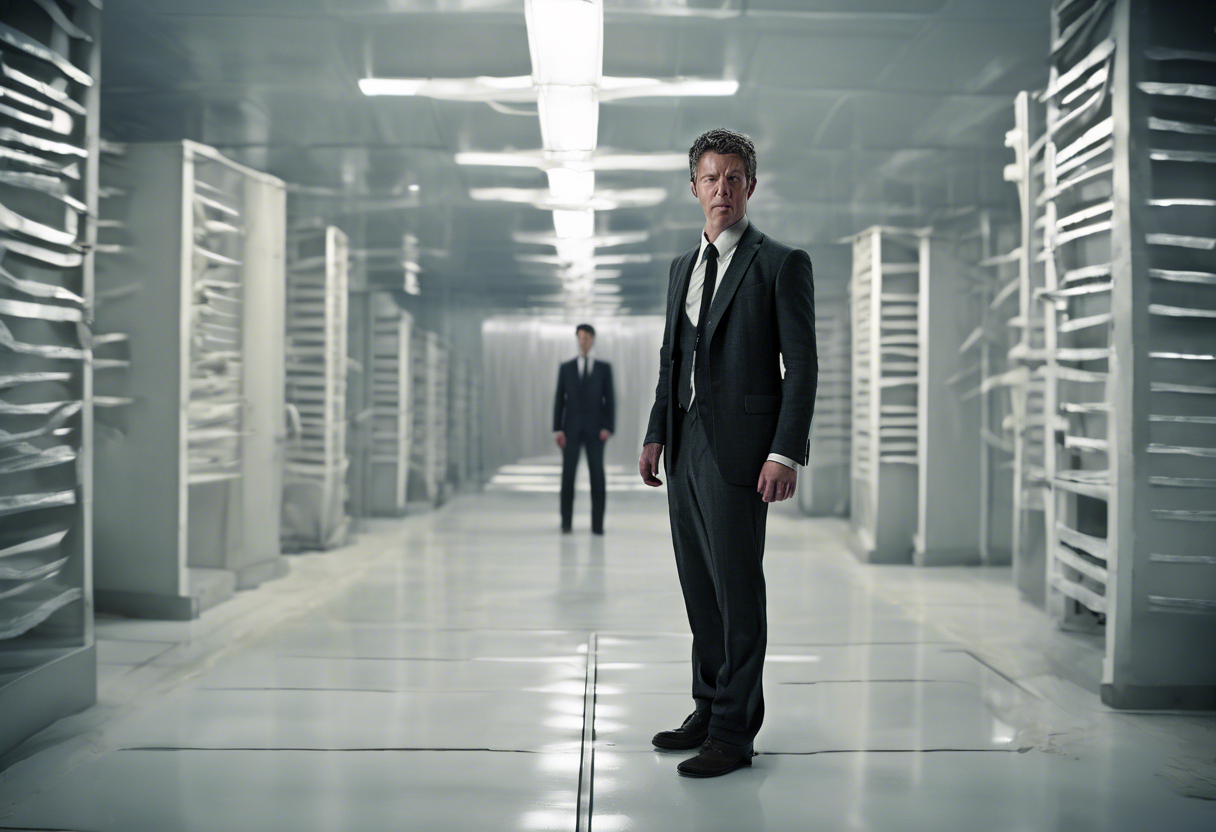Contents
Dr. Ava Paige’s Assistant in The Maze Runner: The Death Cure
Introduction
In the dystopian sci-fi series "The Maze Runner," Dr. Ava Paige, the enigmatic and charismatic leader of the World In Catastrophe: Killzone Experiment Department (WICKED), is a central figure, but her assistant is not a prominently defined character in the movie or the books. However, the character who often acts in a capacity that could be considered as an assistant or a key figure in WICKED’s operations is Janson, also known as the "Rat Man."
Janson is introduced as the assistant director of WICKED and plays a significant role in the narrative, particularly in the final installment, "The Death Cure." This article will focus on Janson, exploring his creation, backstory, defining traits, and his role in the story.
Role in the Story
Janson is first introduced in the novel "The Death Cure" by James Dashner, where he informs the Gladers about their immunity to the Flare virus and the option to remove the mind-control chips from their heads [2].
In the movie "Maze Runner: The Death Cure," Janson is depicted as a ruthless and efficient operative of WICKED. He is responsible for overseeing the experiments and ensuring the compliance of the subjects. Janson’s role is crucial as he is the one who releases Thomas from solitary confinement and presents the Gladers with the option to undergo surgery to restore their memories, albeit at a cost [1].
Janson’s storyline is intertwined with the main characters, particularly Thomas, Minho, and Newt. He is instrumental in the plot as he facilitates the escape of the Gladers from WICKED’s facility and later becomes a significant obstacle when they attempt to liberate the captured Immunes. The final confrontation between Thomas and Janson is pivotal, as Thomas strangles Janson to death in a desperate bid to escape [2].
Character Analysis
Janson is portrayed as a cold, calculating individual who is deeply committed to WICKED’s mission. His personality is marked by a lack of empathy and a strict adherence to protocol. He is quick to follow orders and ensure the continuation of the experiments, even if it means putting the subjects through immense suffering.
Despite his ruthless nature, Janson’s character serves to highlight the themes of manipulation and control that are central to the series. His actions are a reflection of WICKED’s broader goals and the moral ambiguities that come with scientific experimentation on human subjects.
Janson’s strengths lie in his efficiency and loyalty to WICKED, but these traits also underscore his flaws. His inability to question the morality of his actions and his complete dedication to the organization make him a compelling yet unsympathetic character.
Themes and Symbolism
Janson embodies several key themes in "The Maze Runner" series. He represents the oppressive and manipulative nature of WICKED, highlighting the tension between freedom and confinement. His role in the experiments and his treatment of the Gladers symbolize the dehumanizing effects of scientific control and the ethical dilemmas associated with it.
The character of Janson also contributes to the theme of loyalty and betrayal. His actions, particularly his role in the escape and subsequent pursuit of the Gladers, illustrate the complexities of loyalty and the consequences of betrayal in a world where trust is scarce.
Cultural Impact
While Janson is not a character who has garnered significant fan attention or cultural impact in the same way as the main protagonists, his role in the narrative is crucial for the overall plot and themes. He represents the faceless, bureaucratic machinery of WICKED, which is a common trope in dystopian literature and film.
In adaptations and spin-offs, characters like Janson serve as a reminder of the dangers of unchecked power and the importance of ethical considerations in scientific research. His portrayal in "The Death Cure" reinforces the series’ critique of authoritarian regimes and the exploitation of individuals for the sake of a perceived greater good.
Critical Reception
Critics and audiences have generally viewed Janson as a necessary but unsympathetic character. His actions are seen as a reflection of the broader themes of the series rather than as a standalone character arc. The character’s lack of depth and development is often criticized, but his role in advancing the plot and highlighting the series’ themes is acknowledged.
The portrayal of Janson in the movie has been praised for its consistency with the novel, although some critics have noted that his character feels somewhat one-dimensional compared to other figures in the series [1].
Legacy
Janson’s legacy in "The Maze Runner" series is that of a symbol of the oppressive forces that the protagonists must overcome. His character serves as a reminder of the dangers of unchecked power and the importance of ethical considerations in scientific research.
While Janson may not be a character who inspires empathy or admiration, his role in the narrative is essential for the exploration of the series’ central themes. He represents a type of character archetype that is common in dystopian fiction—the faceless, efficient operative who is willing to carry out morally questionable orders without hesitation.
This archetype continues to influence contemporary works in the dystopian genre, serving as a cautionary tale about the dangers of blind loyalty and the importance of questioning authority.
References
- https://thecentralminnesotacatholic.org/movie-maze-runner-death-cure/
- https://en.wikipedia.org/wiki/The_Death_Cure
- https://jgdb.com/literature/study-guides/character-ava-paige
- https://www.enotes.com/topics/maze-runner/questions/in-the-maze-runner-what-are-some-symbols-and-489155
- https://en.wikipedia.org/wiki/Parks_and_Recreation






